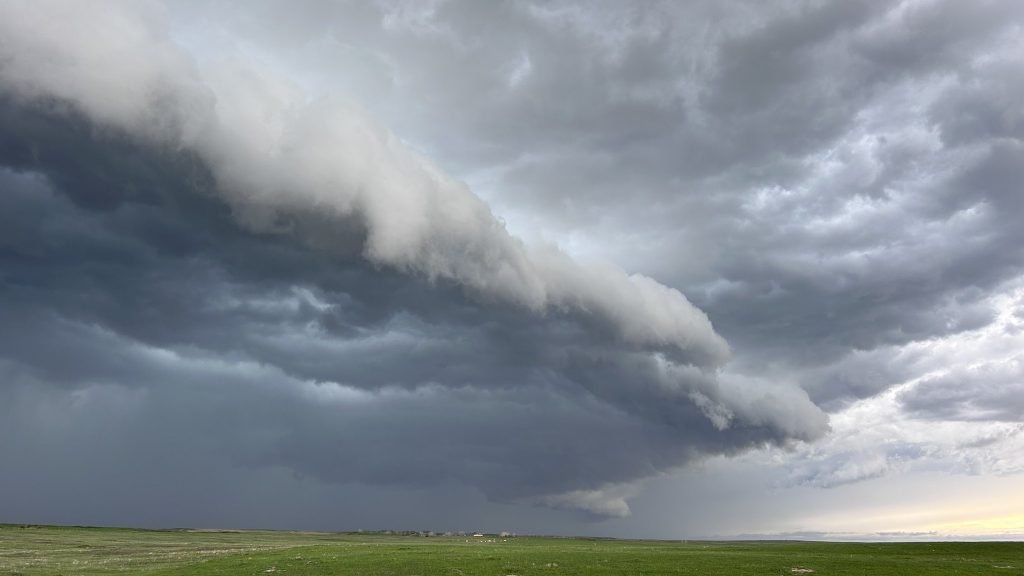Blood clot risk associated with birth control higher than with COVID-19 vaccines
Posted Apr 13, 2021 6:40 pm.
Last Updated Apr 13, 2021 7:13 pm.
CALGARY (CityNews) – It’s used by tens of millions of women around the world, but the odds of a birth control pill giving someone blood clots are considerably higher than a COVID-19 vaccine causing one.
The concerns about clotting started after some people reported blood clots after taking the AstraZeneca vaccine. This week those concerns have expanded to include the Johnson & Johnson vaccine.
READ MORE: Health Canada investigating blood clot reports after U.S. pauses J&J vaccine
The CDC is recommending a pause on administering Johnson & Johnson’s vaccine because out of the more-than-6.8 million doses administered in the U.S., there have been six reported cases of blood clotting and one death which is still being investigated.
Health Canada has also launched an investigation.
Based on that data, the rough odds of someone getting blood clots after receiving that jab is about one-in-1.13-million. The odds of dying if the shot turns out to be the cause in that single case, is around one-in-6.8-million.
The risk of getting a blood clot while on the birth control pill is between six- and 10-in-10,000, according to the U.S. Food and Drug Administration (FDA).
“These are rare events. So, it’s very difficult when the case numbers are quite unstable, the rates, when you have a very rare event over a large denominator, to try and get a handle on that,” explained Canada’s Chief Public Health Officer Dr. Theresa Tam.
“These vaccines are really good at preventing severity and preventing death,” explained Cora Constantinescu Pediatric Infectious Disease Specialist at the Alberta Children’s Hospital.
“Regulators are acting out of an abundance of caution because they want to make sure we’re putting forward the safest products out to our people.”
Even if the birth control pill could be more likely to cause blood clots, Constantinescu says it makes more sense to actually put the risk of a clot from a vaccine in the context of severe COVID-19 cases.
She explains there’s less of a risk associated with getting the vaccine than there is with falling ill with the virus.
You’re also more likely to be die in a plane crash (one-in-one-million), get struck by lighting (one-in-12,000), or be crushed by a meteorite (one-in-700,000), than getting blood clots from a COVID-19 vaccine.
The message from the federal government remains the same: if you’re worried, talk to your doctor or pharmacist and ultimately, take whichever vaccine is available to you.










